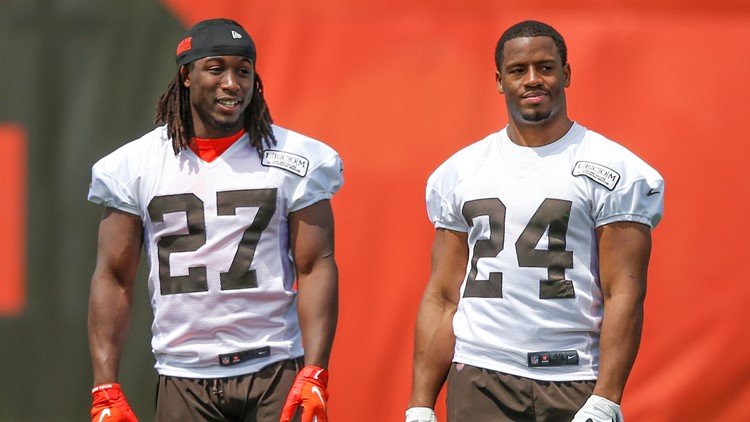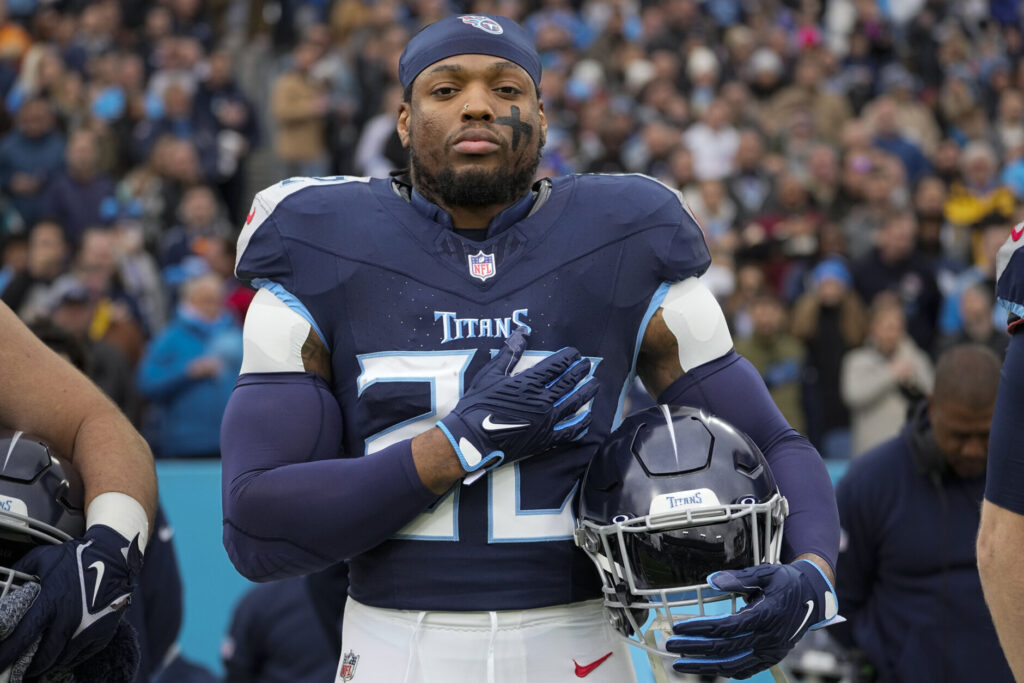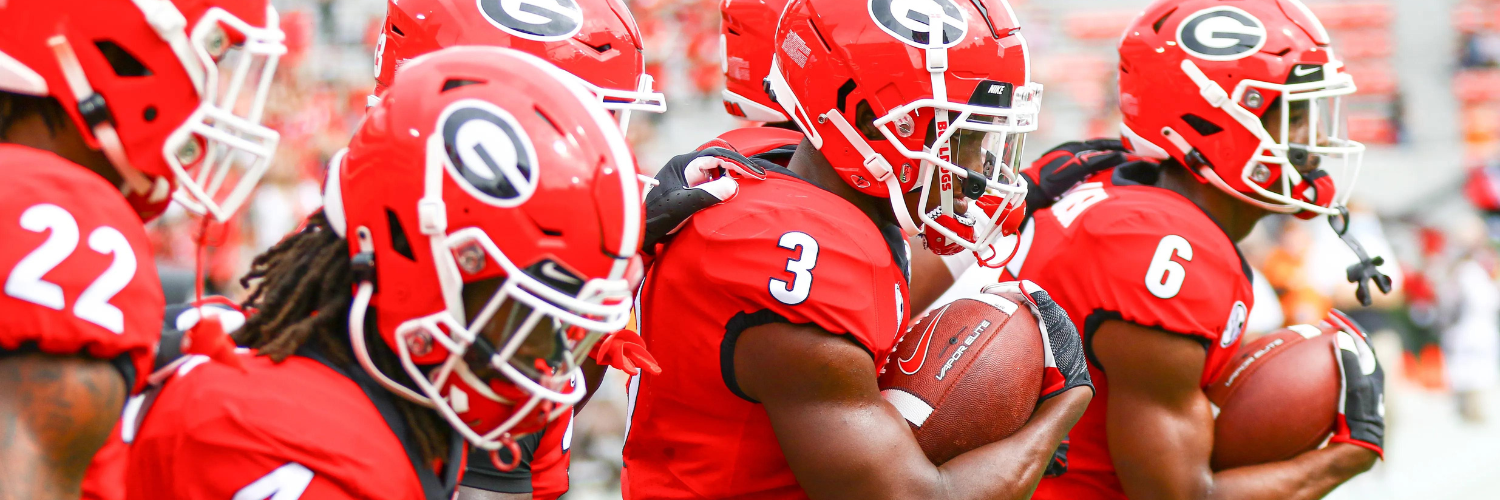Running Back by Committee Explained
It’s understood how essential and crucial a solid run game strategy is for any team, but what does it mean for a team to strategically split the load between multiple backs on a consistent basis? The “running back by committee” (RBBC) approach involves spreading carries and receiving opportunities between multiple running backs within a team.
Let’s discuss, what is running back by committee?
What Does Running Back by Committee Mean?
RBBC is a strategy where teams utilize a rotation of running backs, each with different skillsets like power running or receiving abilities, rather than relying on a single featured back.
Evolution of Running Back by Committee
Historically, the NFL has alternated between favoring workhorse backs and RBBC approaches. In recent years, the rise of pass-heavy offenses and concerns over player durability led to a decline in workhorse utilization as teams favor spreading the workload.
However, this workhorse philosophy continues to be employed by some teams. It’s also worth noting that the ability for running backs to reach notable milestones and high rushing yard career numbers are greatly diminished with the implementation of “running back by committee”.

RBBC vs. Workhorse Running Backs
RBBC Advantages:
- Reduces wear-and-tear on individual players
- Keeps backs fresh
- Utilizes specific skillsets
RBBC Disadvantages:
- Inconsistent touches can disrupt rhythm
- Establishing a dominant rushing attack can be harder

Workhorse Back Advantages:
- Develops offensive line chemistry and trust
- Potentially leads to a more dominant rushing attack
Workhorse Disadvantages:
- Increased injury risk
- Fatigue can impact late-game/season performance
Both RBBC and workhorse philosophies have merits in the modern NFL. Team coaching preferences, roster talent, and game plans ultimately dictate which approach is employed. As the league continues to evolve, the future role of RBBC remains an intriguing strategic question.
RELATED: AUSTIN EKELER SALARY AND CONTRACT
Evolving Skillsets: Pass Blocking and Receiving
As the NFL continues to shift towards pass-heavy offenses, running backs must adapt to remain valuable assets on the field. Two crucial skillsets that have become increasingly important are pass blocking and pass catching.
Pass Blocking
- Protects the quarterback, allowing for more time in the pocket
- Crucial for blitz pickup and recognizing defensive schemes
- Can determine a running back’s playing time, especially on passing downs
Key Techniques
– proper stance & leverage
– reading defensive alignments
– timing and footwork
– hand placement & body control
Impact on RBBC
– Teams may rotate backs based on pass protection abilities
– specialized 3rd down backs often excel with pass blocking
Pass Catching
- Adds another dimension to the offense
- Creates mismatches against linebackers
- Provides a safety valve for quarterbacks under pressure
Key Skills
– route running from backfield and when split out wide
– soft hands and body control
– ability to make catches in traffic
– yards after catch (YAC) capability
Impact on RBBC
– allows for more diverse personnel groupings
– enables offenses to disguise intentions based on running back skillsets
Examples of Dual-Threat Backs
- Christian McCaffrey (San Francisco 49ers)
- Austin Ekeler (Washington Commanders)
- Alvin Kamara (New Orleans Saints)
These players exemplify the modern, versatile running back who can contribute significantly in both the running and passing games.
Training and Development
To improve these skills, running backs often:
- Participate in pass protection drills with linebackers
- Work on route trees typically run by wide receivers
- Practice catching passes from various angles and distances
- Study film to improve defensive read recognition
As the NFL continues to evolve, running backs who excel in pass blocking and receiving will likely see their value and playing time increase, regardless of whether they’re part of an RBBC or functioning as a workhorse back.

